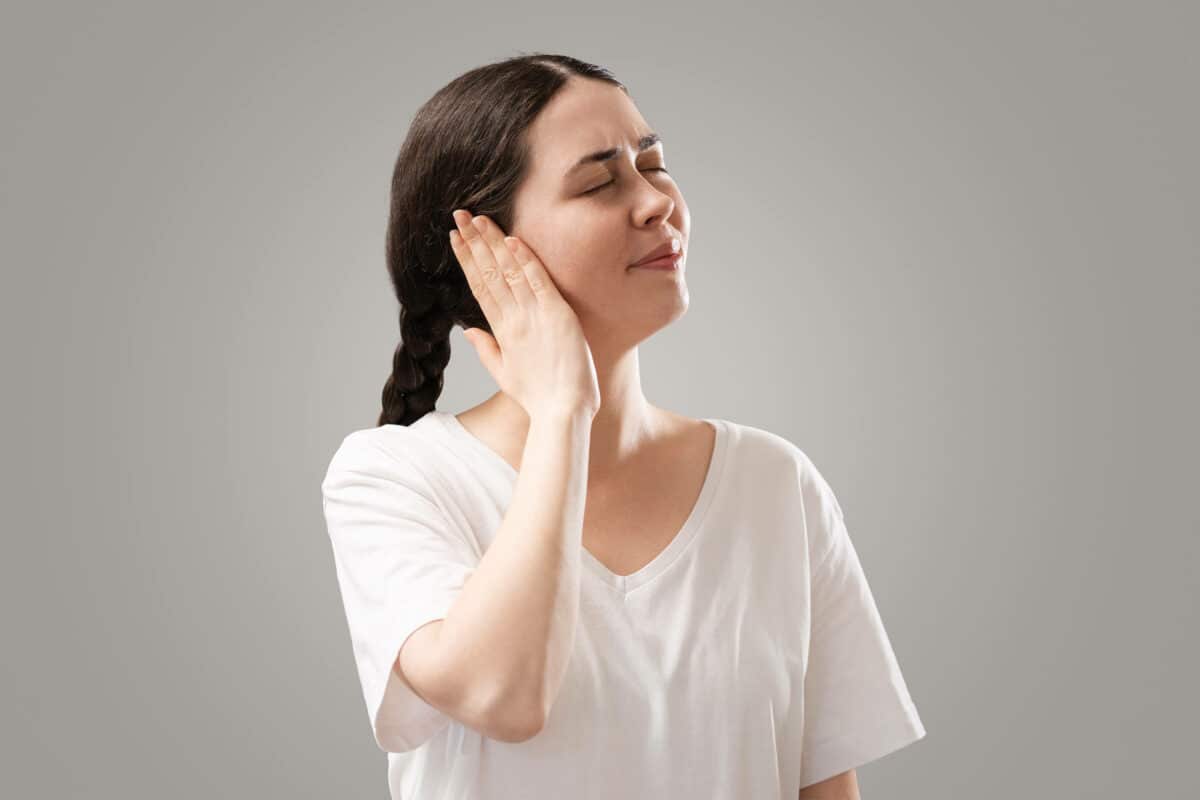Welcome to our comprehensive guide on ototoxic hearing loss. As a seasoned professional in this field, I think it is important to delve into the causes, symptoms, and preventative measures linked to this specific form of hearing impairment. Throughout our exploration, we will navigate with clarity, ensuring that the content is not only informative but also engaging. Ototoxicity, a term used to describe the damaging effects of certain medications and chemicals on the auditory system, can lead to hearing loss. In today’s discussion, we will delve into the intricacies of ototoxic hearing loss, providing valuable insights on how to manage and prevent it, thus ensuring optimal hearing health.
What is Ototoxic Hearing Loss?
Ototoxic hearing loss occurs when specific medications or chemicals cause damage to the delicate structures responsible for our sense of hearing. These substances, known as ototoxic agents, can adversely affect the inner ear, the auditory nerve, or both. Some commonly encountered ototoxic drugs include certain antibiotics, chemotherapy medications, nonsteroidal anti-inflammatory drugs (NSAIDs), and certain diuretics.
Recognizing the Symptoms
Identifying the symptoms of ototoxic hearing loss is crucial for early intervention. Symptoms can vary from person to person and may include difficulty understanding speech, experiencing a persistent ringing in the ears (tinnitus), dizziness, and a sensation of fullness in the ears. It’s important to note that these symptoms may not always manifest immediately, as the damage caused by ototoxic agents can accumulate over time. If you notice any of these signs, seeking professional help from an audiologist or other hearing health professional is highly recommended.
Common Ototoxic Agents and Causes
Understanding the ototoxic agents and potential causes of hearing loss is vital for prevention. Certain antibiotics, such as aminoglycosides, are known to cause damage to the inner ear, leading to irreversible hearing loss. Chemotherapy drugs, especially those containing platinum compounds, can also have ototoxic effects. Additionally, some diuretics and NSAIDs have been associated with temporary or reversible hearing loss.
Apart from medications, exposure to loud noises and certain environmental factors can contribute to ototoxicity. Individuals working in industries with high noise levels, such as construction or manufacturing, are at a higher risk. Furthermore, exposure to chemicals like solvents, heavy metals, and pesticides has been linked to potential ototoxic effects.
Preventive Measures and Management Strategies
Preventing ototoxic hearing loss is crucial for preserving our hearing health. If you require medications known to have ototoxic effects, it’s essential to consult your healthcare provider regarding alternative options or to discuss the potential risks involved. In some cases, the benefits of the medication may outweigh the risk of hearing loss, but it’s crucial to make an informed decision.
Protecting our ears from loud noises is another crucial preventive measure. When in noisy environments, using hearing protection devices such as earplugs or earmuffs can significantly reduce the risk of damage. It’s also important to limit exposure to loud music and consider using volume-limiting headphones or earbuds to protect our hearing.
Regular hearing check-ups play a vital role in early detection and intervention. Scheduling appointments with an audiologist who can monitor our hearing health and provide guidance on preventive measures is highly recommended.
Wrap Up
Ototoxic hearing loss is a significant concern that can impact individuals of all ages. By understanding the causes, recognizing the symptoms, and taking proactive measures to prevent ototoxicity, we can protect our hearing and ensure overall well-being. Prioritizing regular check-ups, staying informed about ototoxic agents, and implementing preventive strategies empowers us to preserve our hearing health and maintain our quality of life. Let’s embrace a future where vibrant and resilient hearing allows us to fully experience the beauty of sound. Take charge of your hearing health and embark on a journey of lifelong auditory well-being.
We hope you found the information in today’s discussion to be both helpful and insightful. If you have any questions about your hearing, hearing loss, or wish to schedule your next hearing health check up, please contact us. Our friendly staff or hearing health care professionals are ready to assist you with all your hearing related needs.

